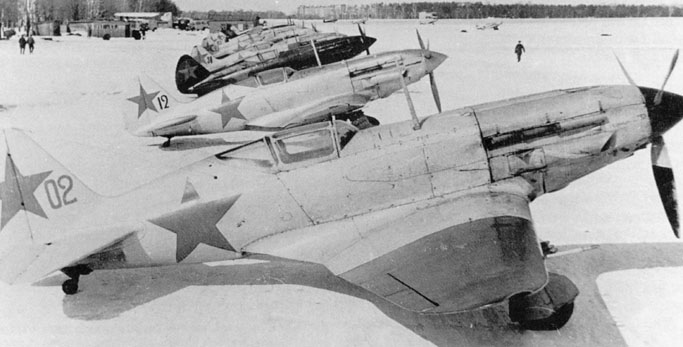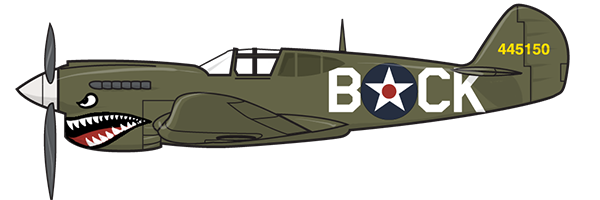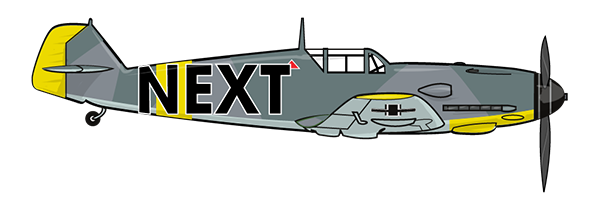
Meanwhile, Italy, led by their rather disappointing entry into the fascist dictator's club, Benito Mussolini, was vainly attempting to emulate Germany's success at world-conquering by expanding it's African holdings and moving into the Balkans. Benito Mussolini was a profoundly unpopular person whose political career began at the age of eight, when he was kicked out of church for pinching people in the pews. By age 11 he was expelled from boarding school for stabbing another student in the hand and throwing an inkpot at a teacher. His bad behavior only grew worse as he got older, and by adulthood he had been kicked out of Italy altogether. Unfortunately for the Italians, he not only returned but became dictator, and was soon gassing Ethiopians and generally making a global nuisance of himself. Some people just don't play well with others. His poorly equipped army barely made it past Albania, and Greece gave them such a drubbing that Hitler was forced to bail him out. Mussolini's would-be African empire was enjoying about the same lack of success, and the Italian army soon established records for the number of troops surrendering en masse to small, somewhat surprised British units. So Germany sent them a modest detachment of tanks...er, Panzers...and a rather clever commander named Rommel. And some airplanes, since most of the Regia Aeronautica's outdated aircraft had proven to be little more than target practice for the RAF.
Up until this point in the War, Russia had been scooping up smaller countries nobody else wanted and doing its best to stay out of Germany's way. The Red Army was in no shape for a war against a determined opponent, as evidenced by the severe spanking Finland gave them a couple years earlier, and Stalin had only made matters worse by attempting to improve morale by shipping all of his officers off to Siberia (along with anyone else who bothered him). In an effort to avoid further embarrassment, Stalin bent over backwards to appease Hitler, signing a non-aggression pact with him, permitting the training of German troops in Russia and providing Germany with trainloads of valuable resources. In return, Hitler let Stalin have the less scenic portions of Poland. And then he attacked him.
As usual, The Luftwaffe kicked off the attack with a furious aerial assault on Russia's forward airfields, demolishing a staggering portion of her air force. The remaining planes were outdated, ill-led and were swatted from the air like flies in the first few weeks of the invasion. The Germans controlled the skies. Their control was generally only a local phenomenon, though, as Russia was simply too big for the thinly stretched Luftwaffe to police effectively. But the Luftwaffe definitely outclassed their opponents wherever they did choose to fly, and German armor poured into Russia in a seemingly unstoppable charge towards Moscow.
Then it rained. Not just a little bit, either. As the summer weather gave way to autumn, torrential Russian rains turned the roads so vital to the Nazi blitzkrieg into a sticky morass of impassable mud. Planes were grounded, tanks were stuck and Wehrmacht soldiers found themselves at the end of a very long and malfunctioning supply line. Moscow lay tantalizingly close ahead of them, but they were forced to slacken the pace until the winter freeze hardened the roads again...and the Russians used this time to turn Moscow into a fortress. Fresh troops were shipped in from the far east, and the entire population of Moscow was mobilized to dig thick defensive belts around the capital. By the time the cold came, the Russians were ready.

The Germans, however, were not ready...not for the kind of cold Russia had to offer. Hitler had been so confident in an early victory he never bothered to supply his troops with winter gear, and the early winter that arrived in 1941 was one of the worst in recorded history. The German war machine came sputtering to a halt before the gates of Moscow, and there was nothing the Luftwaffe could do to help them. The first Yaks and Migs began to arrive at the front, and the Russians knew how to keep them flying in weather that was freezing Luftwaffe planes into immobility. Suddenly the skies belonged to the Russians, and their Siberian reinforcements, hardened by a life in northern climes, began their winter offensive against a frostbitten Wehrmacht.







